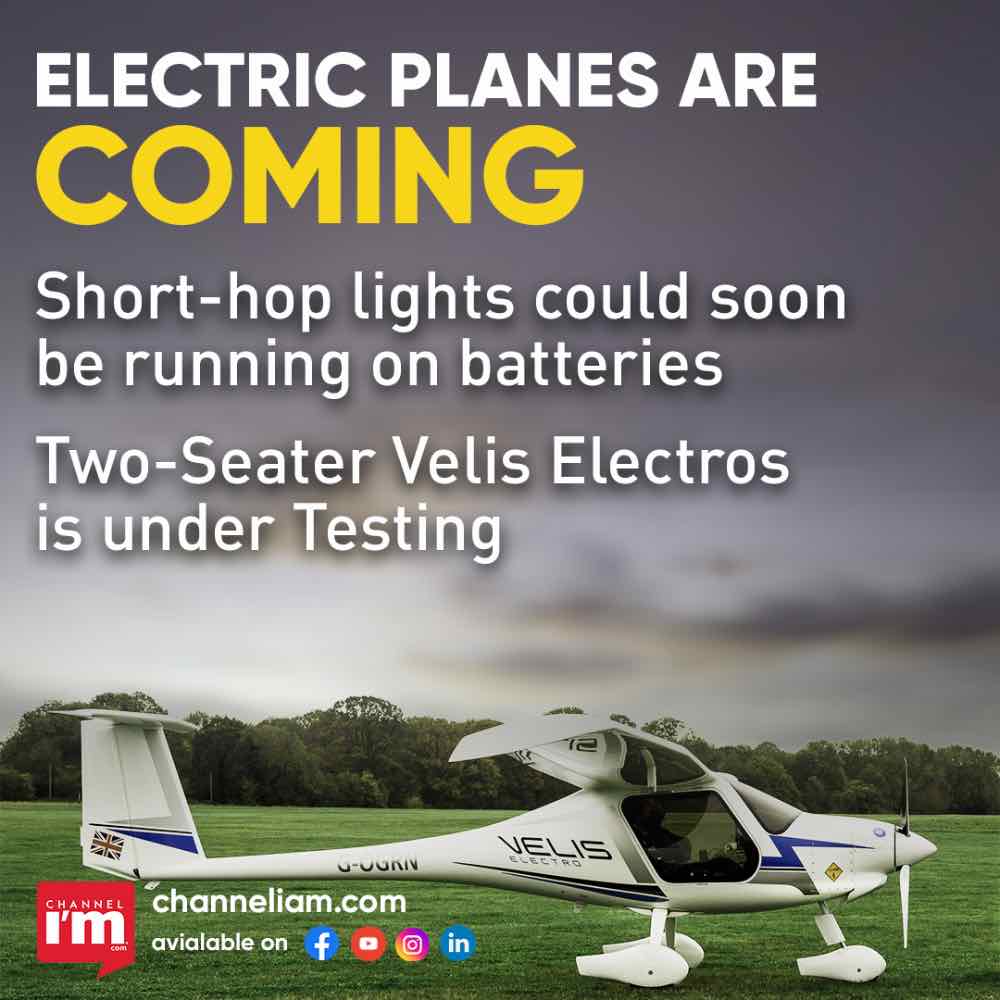
Although electric aircraft may seem far-fetched, they are now available, at least for short distances.
Larger planes are on the way, and two-seater Velis Electros are now quietly circling Europe. In British Columbia, electric sea planes are also undergoing testing. On September 15, 2022, Air Canada announced that it would purchase 30 electric-hybrid regional aircraft from Heart Aerospace of Sweden. Heart Aerospace anticipates putting its 30-seat aircraft into service in 2028. The first 50–70 seat hybrid electric commuter plane could be available soon after, according to analysts at the U.S. National Renewable Energy Lab. They predict that electric aviation could really take off in the 2030s.
That is significant for combating climate change. Aviation currently contributes around 3% of global emissions, and as more people are anticipated to travel and fly as the world’s population grows, aviation might produce three to five times as much carbon dioxide emissions by 2050 as it did before the COVID-19 epidemic.
At the University of Michigan, aerospace engineer and assistant professor Gökçin nar creates concepts for environmentally friendly aviation, such as hybrid-electric aircraft and hydrogen fuel alternatives. We questioned her on the most effective strategies to reduce aviation emissions currently, as well as the future of technologies like electrification and hydrogen.
